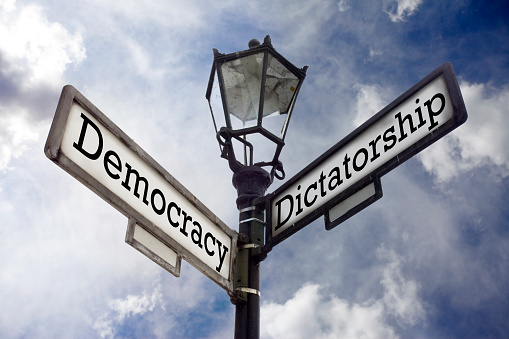Withdrawal of US Troops from Afghanistan Essential for Road to Peace
Starting tomorrow, U.S. troops stationed in Afghanistan will begin withdrawing, with the goal of complete withdrawal by Sept. 11. U.S. President Joe Biden declared that the troops will withdraw completely and unconditionally. The move will mark 20 years since the 9/11 terrorist attacks on the U.S., which triggered the U.S. troop presence in the first place. Biden explained that the goal had been "to ensure Afghanistan would not be used as a base from which to attack our homeland again" and that the U.S. had "accomplished that objective."
At that time, the U.S. had launched a retaliatory offensive against the Taliban government, which had been harboring the international terrorist organization al-Qaida, which had carried out the attacks. Although the Taliban government did collapse, it has had a resurgence in influence, and there are no visible prospects for restoration of public order. The conflict is "America's longest war," costing huge amounts of money and claiming many victims. Understandably, war weariness spread throughout the consciousness of the American people.
Normally, a country should be able to maintain public order within its own domain. However, Afghanistan's government control reaches no more than about half of the country. If foreign troops charged with maintaining public security, including those of NATO, which is in sync with the U.S., are removed from Afghanistan, it is possible that Afghanistan could become a hotbed of intensified insurrection and terrorism.
The Taliban are fiercely opposing the delay of a previous agreement reached with the administration of former U.S. President Donald Trump, which stipulated that troops would be withdrawn by the end of April. The organization has postponed meetings with the Afghan government regarding a permanent ceasefire, and has issued warnings that after May 1, attacks will resume.
At this time, the contextual background for this withdrawal is that the U.S. is transitioning its focus to a global strategy. After the 9/11 terrorist attacks, the U.S. strengthened its presence in the Middle East in the name of the "war on terrorism," but dependence on the Middle East for oil has decreased, and the priority must shift toward dealing with an emerging China.
The U.S.'s tactics in places like Iraq and Syria have led to a deadlock, and many citizens have been left to face harsh circumstances. If this pattern continues, Afghanistan could end up stuck in the same rut. The U.S. must not forget its duty to offer guidance in negotiations between the Afghan government and the Taliban, and to continue its participation until the path to peace has been decided.
Japan also bears responsibility, having aligned itself with an overly optimistic U.S. Japan Self-Defense Force military vessels have in the past been deployed to the Indian Ocean to provide logistical support for U.S. military attacks on Afghanistan.
On the other hand, Japan has a track record of spearheading the world's first international conference focused on supporting Afghanistan's reconstruction. We should appeal to countries with which we have links to collaborate on peace discussions and continue with humanitarian aid efforts.
During his lifetime, Dr. Tetsu Nakamura, a doctor from Fukuoka who was assassinated during a humanitarian mission in 2019, echoed this sentiment.
Nakamura said that "Peace demands more patience and hard work than war." This belief was based on many years of steady action, without abandoning the local people. Now is the time to recall these words.

